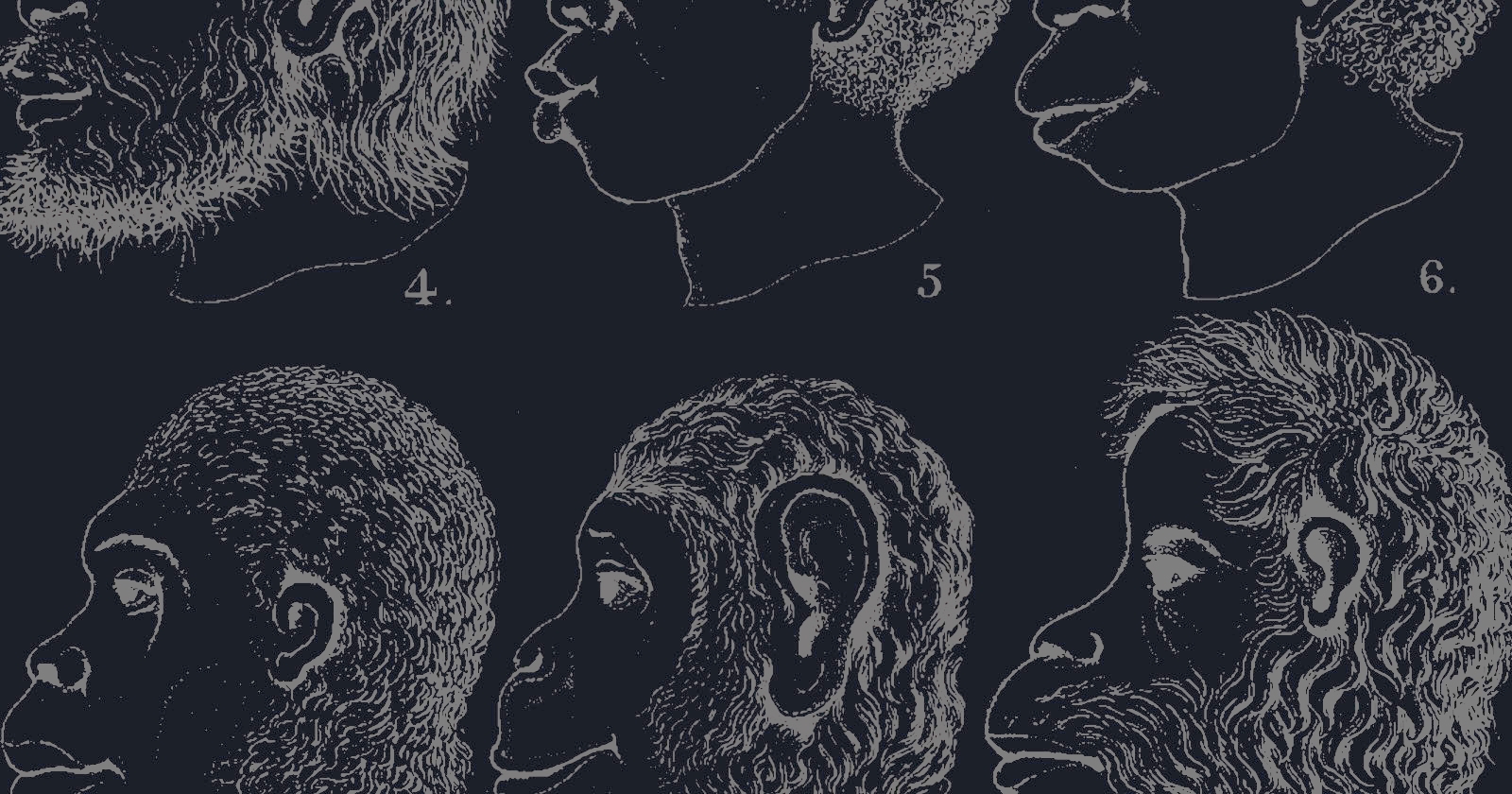
Casey Luskin Debunks One Museum’s Evolutionary Propaganda
On today’s ID the Future, geologist Casey Luskin continues to unpack his recently published essay against the view that humans evolved from ape-like ancestors via blind Darwinian processes. In this episode he shares his experience of walking into the fossil hall at South Africa’s famous Maropeng Museum and immediately being confronted by a piece of shameless materialist propaganda, a Richard Dawkins quotation prominently displayed as part of a floor-to-ceiling display. The quotation insisted that humans are essentially just DNA survival machines. Luskin says, not so fast, and points out the various ways such a view fails to explain important aspects of human behavior, including altruistic behavior toward non-kin. Luskin and host Eric Anderson also call evolutionary theory to task for being overly supple, with its adherents regularly employing vague just-so stories to explain virtually any behavior or feature AND its opposite. To read Luskin’s essay on the subject, get the new free online ID book from South Africa, Science and Faith in Dialogue, with contributions from Luskin, Stephen Meyer, Hugh Ross, Guillermo Gonzalez, James Tour, Fazale Rana, Marcos Eberlin, and others. Find Part 1 in this Anderson/Luskin podcast series here, and Part 2 here.



